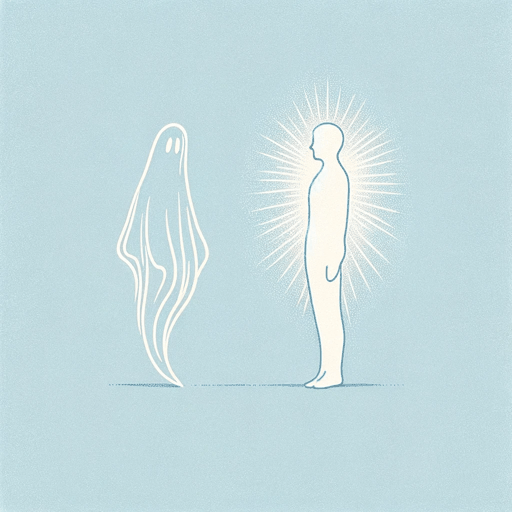51 pages • 1 hour read
C. S. LewisThe Silver Chair
Fiction | Novel | Middle Grade | Published in 1953A modern alternative to SparkNotes and CliffsNotes, SuperSummary offers high-quality Study Guides with detailed chapter summaries and analysis of major themes, characters, and more.
Themes
Faith as a Moral Guide
The Silver Chair explores the concept of morality by depicting different characters’ struggles with their faith. C.S. Lewis’s definition of faith is heavily influenced by Christian ideals, and as a result, his characters’ sense of morality takes on a religious dimension. In short, moral behavior in The Chronicles of Narnia is dictated by the degree to which any given character follows the will of Aslan. Consequently, a character’s deference to Aslan’s rule signifies their moral purity.
Some characters, like Puddleglum and most Narnian creatures, symbolize unconditional faith in their approach to the world. Indeed, the Marsh-wiggle is characterized by his unwavering loyalty to Aslan and by his innocent point of view. The latter is framed as a moral virtue, because it enables Puddleglum to act with pure intentions. Even when he is unsure about the consequences of his actions, Puddleglum is willing to follow Aslan’s guidance without question, as is evidenced by his response to Eustace’s question of whether it is safe to untie Prince Rilian from the silver chair. He simply states, “I don’t know about that. […] You see, Aslan didn’t tell Pole what would happen.
Related Titles
By C. S. Lewis

A Grief Observed
C. S. Lewis

Mere Christianity
C. S. Lewis

Out of the Silent Planet
C. S. Lewis

Perelandra
C. S. Lewis

Prince Caspian
C. S. Lewis

Surprised by Joy
C. S. Lewis

That Hideous Strength
C. S. Lewis

The Abolition of Man
C. S. Lewis

The Discarded Image
C. S. Lewis

The Four Loves
C. S. Lewis

The Great Divorce
C. S. Lewis

The Horse And His Boy
C. S. Lewis

The Last Battle
C. S. Lewis

The Lion, the Witch and the Wardrobe
C. S. Lewis

The Magician's Nephew
C. S. Lewis

The Problem of Pain
C. S. Lewis

The Screwtape Letters
C. S. Lewis

The Voyage of the Dawn Treader
C. S. Lewis

Till We Have Faces
C. S. Lewis

